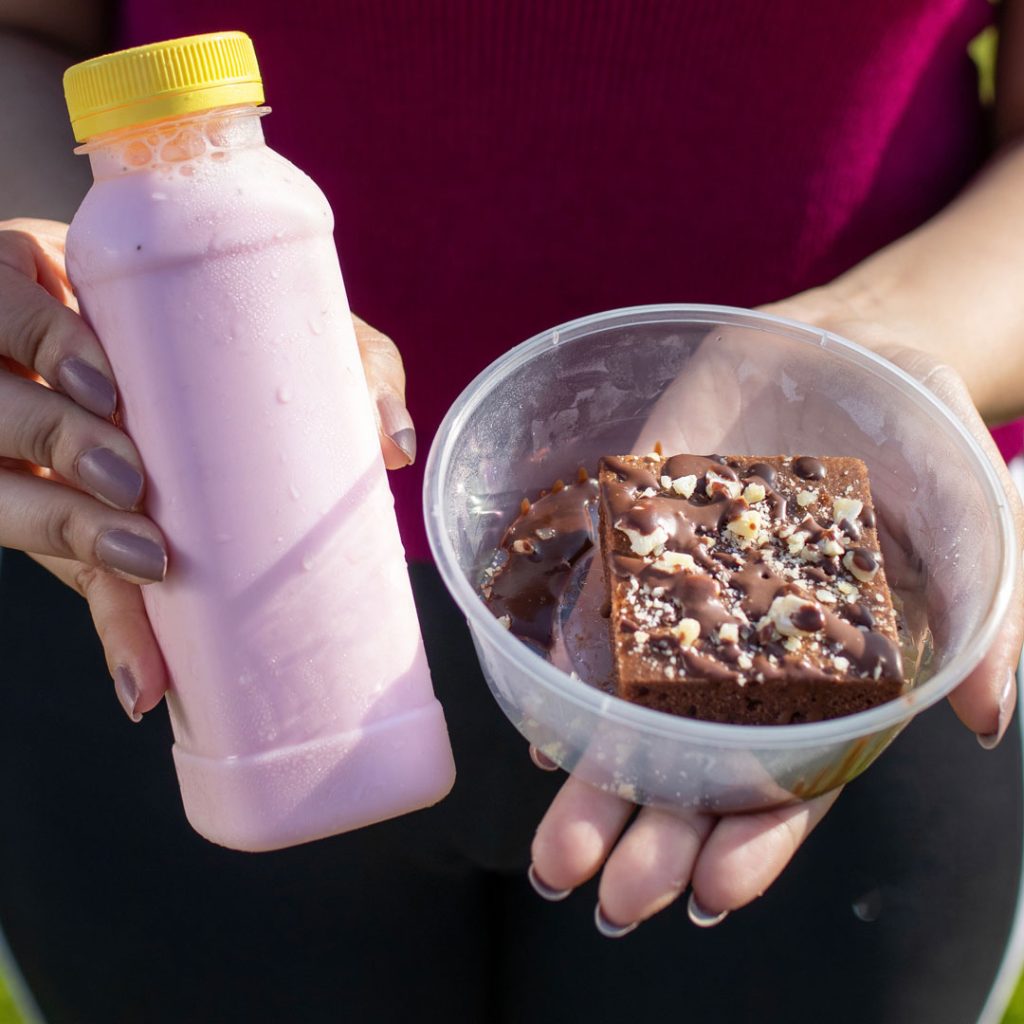
While foodtech products, such as meatless meats and vegan cheese, are now common in the UAE, they are almost exclusively imported.
But, given the country’s focus on innovation and its recent initiatives in support of foodtech, it is only a matter of time until such food items become locally produced, according to Araj Hassan, CEO at VMeals, a Dubai-based healthy meal-plan provider.
“We are seeing a lot of international companies selling their tech-food innovation products in the country here. But I think the UAE has the capability, the resources, and the young minds and entrepreneurs in the country who can launch these things as part of a home-grown brand,” said Hassan.
“The government has invested in some of these projects. I think we will be seeing a lot of local-based companies coming onto the scene and growing,” he added.
In May, Dubai ruler Sheikh Mohammed bin Rashid Al Maktoum unveiled plans to launch the first phase of Food Tech Valley which aims to triple the UAE’s food production. The new city will spearhead innovation and leverage collaborative networks to lead regional transformation and export knowledge on sustainable food systems globally.
Taking a leaf from his own book, and after two years of operation, Hassan is ready to expand his meal-plan business by introducing foodtech to it and using technology to identify foods with medicinal properties.
“I’ve always believed that food can either be a source of health or ailment depending on what you eat. I am currently speaking to researchers from globally accredited universities and the plan is to launch the same meal plans [we have now] but in a different way to cater to the ailments of people using food as a cure instead of medications,” said Hassan.
“This what we are working on now as a company – we are already a meal prep company that helps people with their weight goals so the next step is to integrate the same thing and bring forward these techs to also help them with their health issues if they have any,” he continued.
This project is currently being funded through VMeals’ operational profits, but Hassan said the plan is to raise capital by the end of the year or first quarter of 2022. He is already in talks with private equity funds and venture capitalist funds in the region.
Hassan has the following advice for start-ups looking to raise capital: “The most important thing is to set up a business plan.”
“Also, you need to understand that the world has come a long way and there are multiple VC funds that can help you fund a start-up, multiple firms that help small companies, from accelerators to incubators. So if you have a business which makes sense and you are passionate about, there are people willing to help. It is all about how you pitch your idea, how you design your business and how passionate you are about it,” he continued.
Hassan plans to expand VMeals to the rest of the GCC and then globally, out of Dubai.
“Dubai is a global footprint. When you are based here, your outreach is higher than any other country. Your ability to export and reach the GCC market is a lot more logical here in terms of logistics and access to market,” he said.
Hassan advises young entrepreneurs, like himself, “to stay persistent as you will fail. A lot of people my age start a small business but they are not persistent and give up in three-to-six-months. This is the most common problem but once you are able to get out of this phase, your success starts”.









